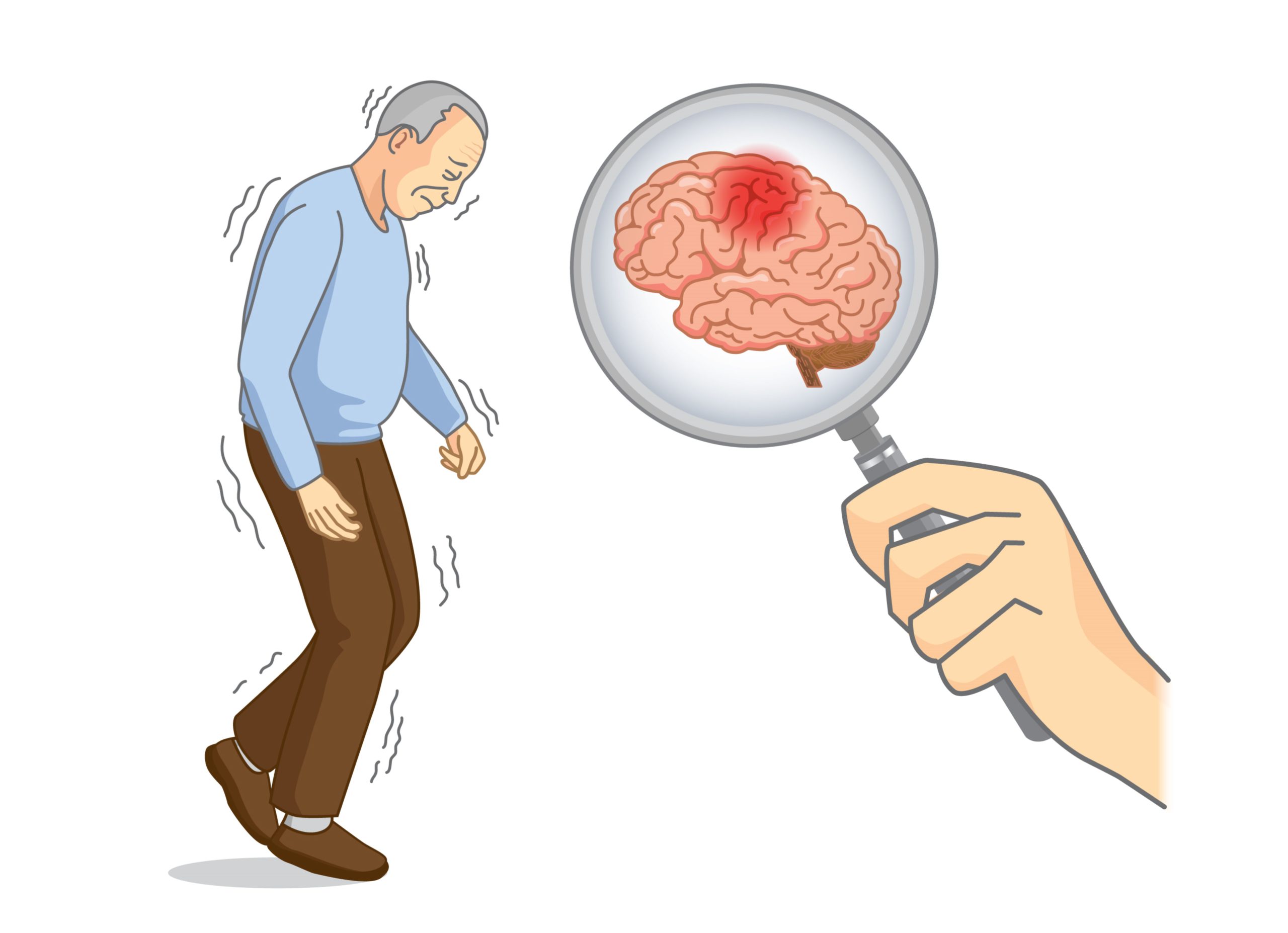Police officers are found to be over twice as likely to experience traumatic brain injuries (TBIs) compared to the general population, according to a new study conducted by the University of Exeter. The research, published in The Journal of Head Trauma Rehabilitation, also reveals that officers who suffer TBIs on duty face a significantly higher risk of developing complex post-traumatic stress disorder (PTSD).
The study analyzed responses from 617 active-duty frontline officers across England, Scotland, and Wales. It reported that 38% of them had sustained at least one TBI—a rate far higher than the 12% observed in the general population. Additionally, 61% of those affected had experienced multiple incidents of head injury. Among them, those injured while on duty were more than twice as likely to meet the criteria for complex PTSD, a condition marked by emotional regulation issues, feelings of shame and guilt, and relationship challenges.
The research team found that police officers with a history of TBIs also struggle more severely in daily life, citing challenges in fulfilling work responsibilities, maintaining relationships, parenting, and managing physical symptoms like fatigue, headaches, and sleep problems.
Professor Stan Gilmour, a veteran with 30 years in law enforcement and a recipient of The King’s Police Medal, is one of the senior researchers behind the study. Now a Fellow at the University of Exeter, he emphasized the need for systemic support, stating, “Police officers are regularly exposed to high-stress environments and physical danger. The added burden of TBIs and PTSD exacerbates the strain, underscoring the need for proactive monitoring and support systems.”
Nick Smith, lead researcher and postdoctoral associate at Exeter, echoed this urgency, calling for the integration of TBI assessments into routine occupational health checks. He also recommended that police departments develop concussion-like protocols similar to those in professional sports, including return-to-duty programs tailored for officers recovering from head trauma.
One poignant example shared in the report is that of Police Sergeant Tim Ockenden, who developed PTSD following a collision during a high-speed response. Despite returning to duty shortly after the incident, Tim experienced drastic behavioral changes and emotional instability. He eventually sought help through Police Care UK after facing long delays via official channels. The timely therapy he received made a substantial difference in his mental health, though he still navigates residual symptoms.
Tim believes the study is a vital step toward addressing a widespread but often unacknowledged issue within the police force. He advocates for objective assessment tools and immediate intervention protocols, stating, “If someone fails the test on Monday, by Tuesday they should be getting the help they need.”
This large-scale, survey-based research is the first of its kind to directly link TBIs and complex PTSD among police officers in the UK. Though the data is self-reported, researchers designed the survey to avoid bias and obscure the study’s focus on the brain injury-PTSD connection.
The findings underline an urgent need for improved care pathways and support mechanisms for officers exposed to traumatic incidents. Without timely intervention, many are left to struggle with the long-lasting psychological and physical consequences of their service.








